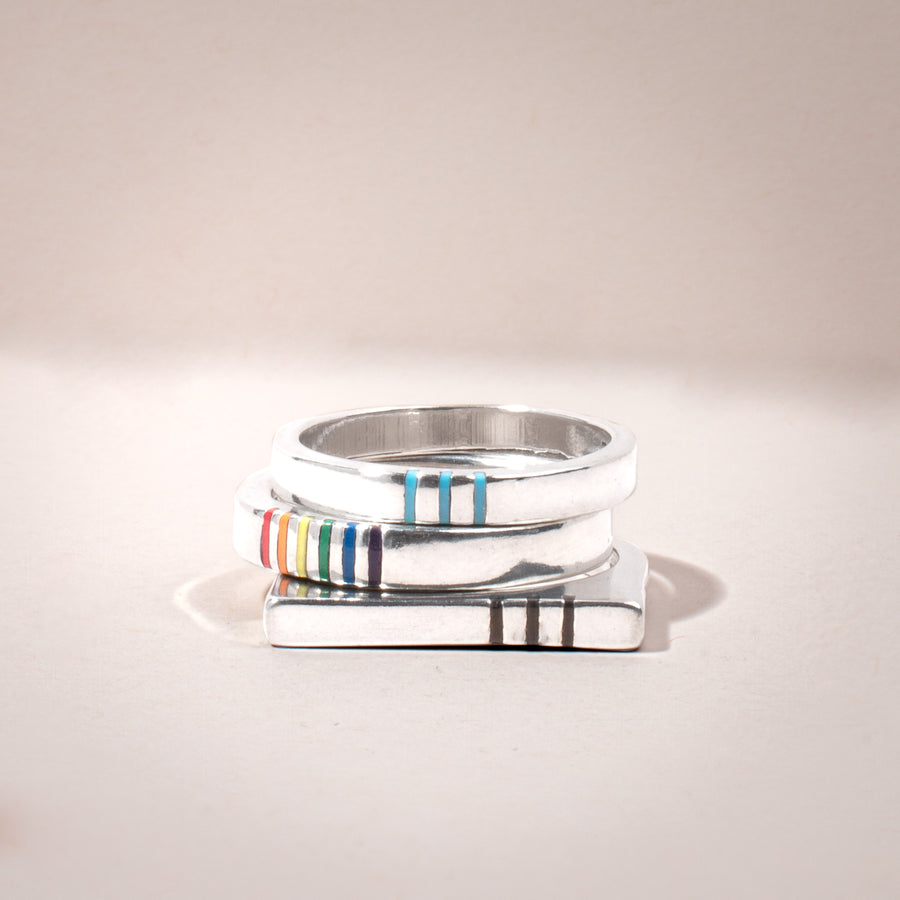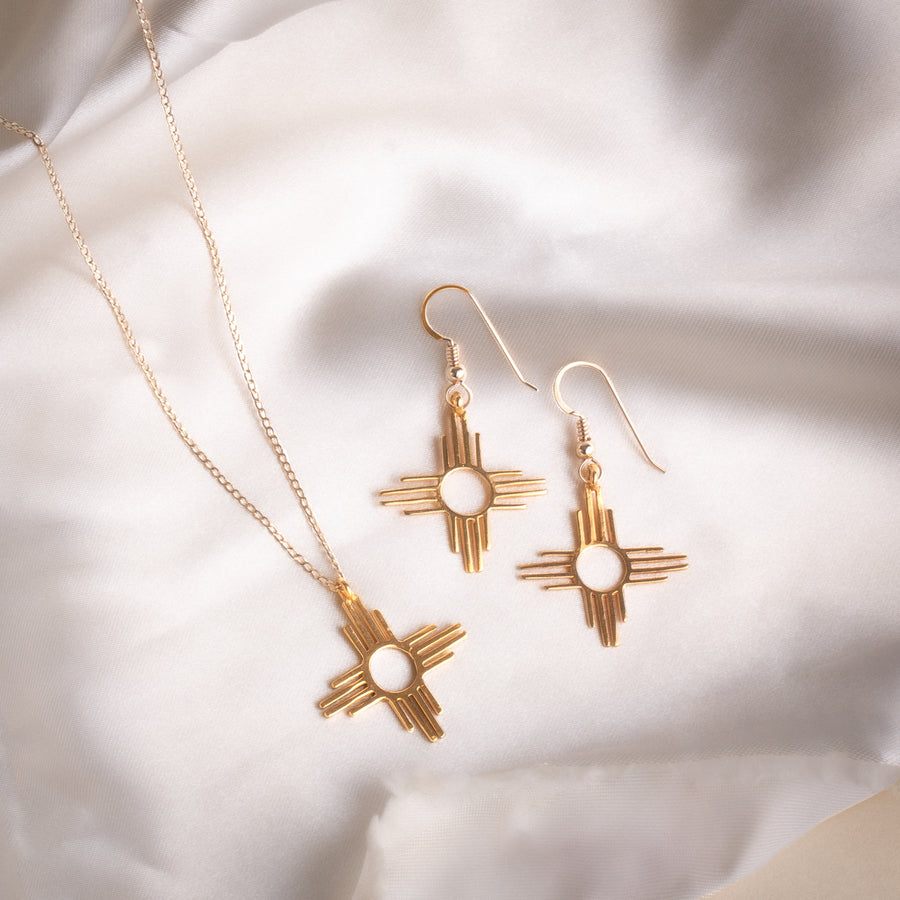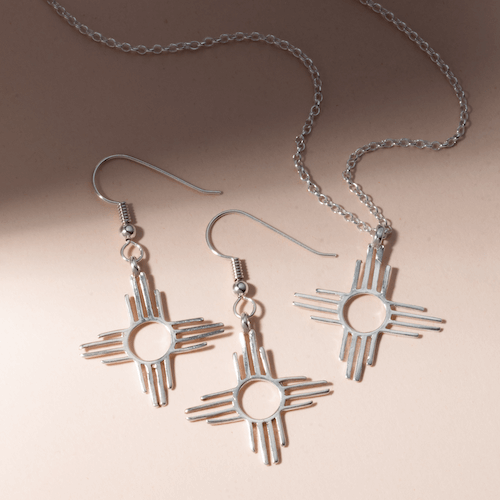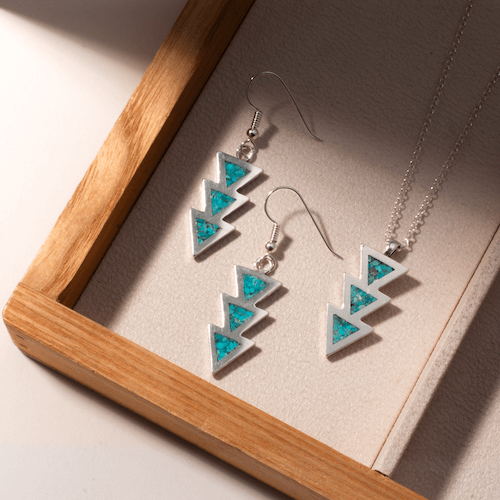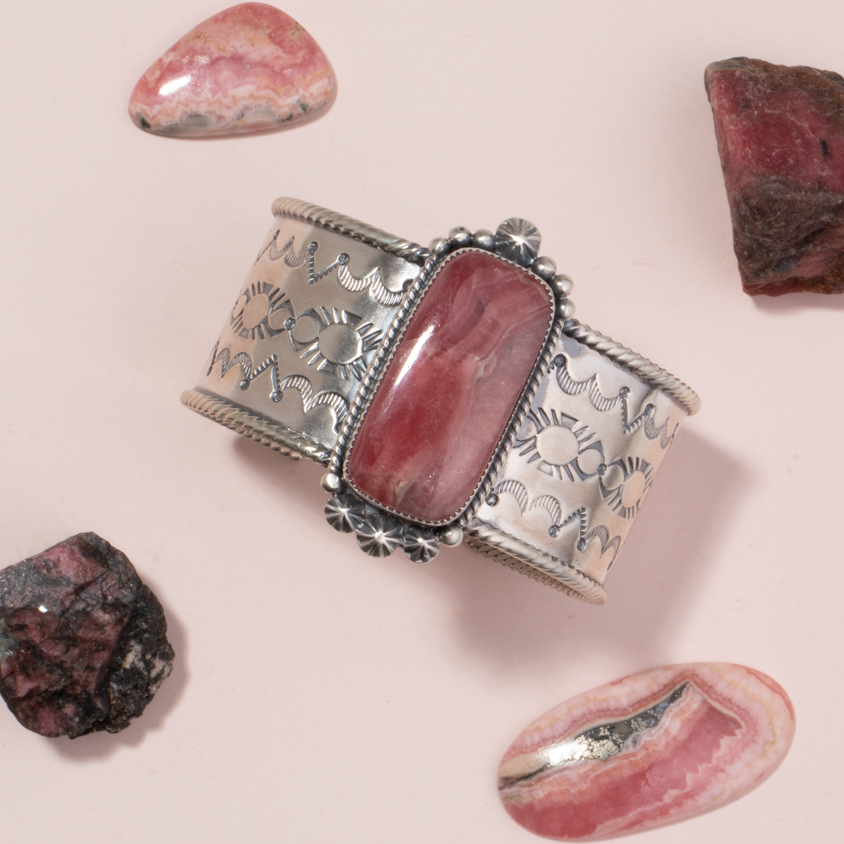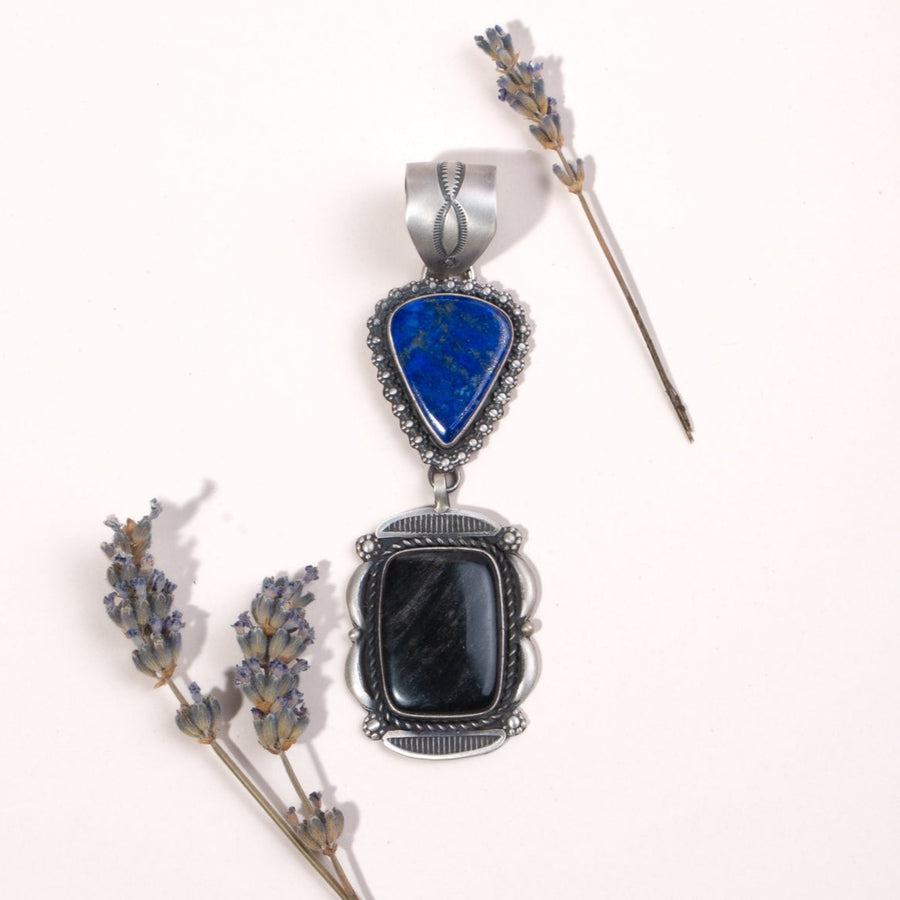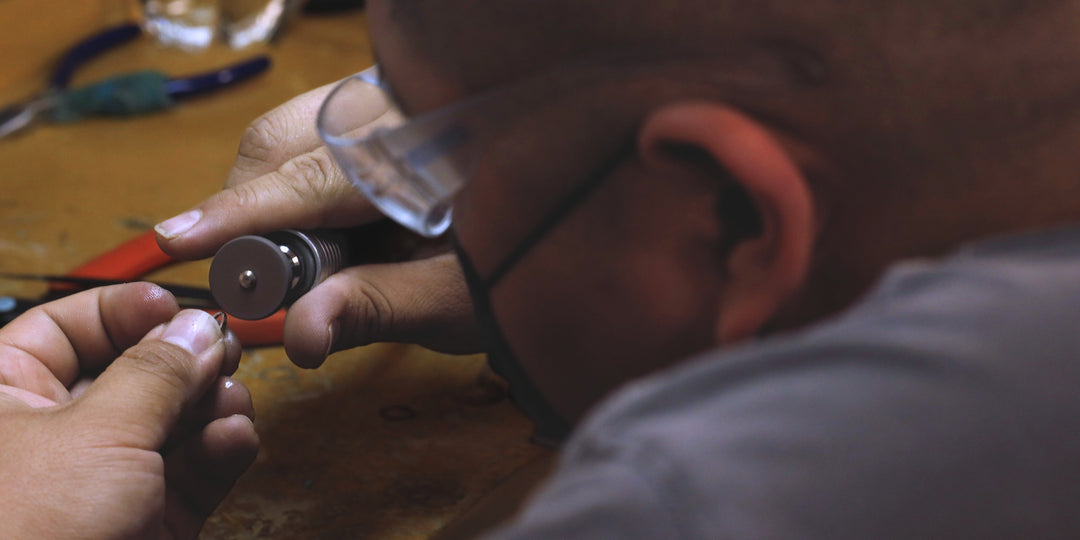Enforcing the Indian Arts and Crafts Act: New Mexico Shops Busted for using Foreign Sweat Shops
The Indian Arts and Crafts Act, passed in 1990, makes it illegal for any person or business in the United States to market jewelry or crafts as authentic Native American work if they are not. Its passage has provided a means for Native American artists to ensure that their talent and their craft are not imitated by cheap versions of their art. This truth in advertising law has, over the years, helped to protect the cultural heritage and intellectual property of Native American tribes and artists along with preventing the market for their goods from being flooded with poorly made imitations. It also assists the consumer in making certain that the item they are paying top dollar for is indeed handcrafted artwork and not a factory made copy.
Passing a law with the intention of protecting both consumers and artists, however, is only words if that intent is not backed up with enforcement. In October of 2015, a collection of federal agencies along with some international help from the Philippines National Bureau of Investigation showed exactly how enforcing the Indian Arts and Crafts Act can stop those who engage in deceptive business practices.
The investigation, which has been dubbed “Operation El Zuni”, was a partnership between several federal agencies, including the US Attorney’s Office for the District of New Mexico, the US Fish and Wildlife Service, the FBI, Homeland Security, the US Marshals office. Together these law enforcement professionals made a concerted effort to put a stop to stores in Albuquerque, New Mexico and Scottsdale, Arizona which were marketing Filipino factory made jewelry as authentic Native American handcrafted pieces. With the assistance of Filipino authorities, who conducted interviews at two factories in the Philippines, they were able to execute sixteen search warrants for several retail stores and a jewelry production shop along with three seizure warrants for bank accounts in North Carolina and California.
The owner of two jewelry stores in Albuquerque and one in Scottsdale was indicted for violation of the Indian Arts and Crafts Act. Charged along with him in the scheme to pass off cheap factory made jewelry as authentic Native American art were one of his employees and the wholesaler who provided the two with the Filipino goods. Each of the three now face up to five years in prison and a $250,000 fine.
Before the passage of the act, Native American artists often found their talent and skill as well as their designs devalued by factory made imitations which flooded the market. Consumers also were tricked into paying higher prices for what they believed were authentic goods but were instead cheap copies. Harvey Pratt, chairman of the Indian Arts and Crafts Act board, was grateful for the time and effort the federal agents put in to stopping the illegal activities. As he put it, “unfair competition from counterfeit Native American art and craftwork seriously erodes the sustainability, vitality and economic well-being of Indian tribes and their members and businesses.”
Law enforcement agents hope the arrests will send a message to those who engage in the deceptive practices: the Indian Arts and Crafts Act comes with some teeth and they are prepared to enforce it. There are also ways for consumers to avoid being tricked into paying more for an item without authentic value. Buyers are urged to ask for a certificate of authenticity when they purchase a piece, or to ask for the artist’s name, tribal affiliation and background. Another thing to watch for are terms which can tip them off to items which may not be authentic, such as “natural stone”, a description not often used by authentic tribal artists, and the word “handmade”. Most Native American artists refer to their work as “handcrafted”.
Resources:
http://www.kob.com/article/stories/s3947630.shtml#.Vxf-sTArLIU
http://www.koat.com/news/feds-3-sold-filipino-jewelry-as-native-american/36123704
